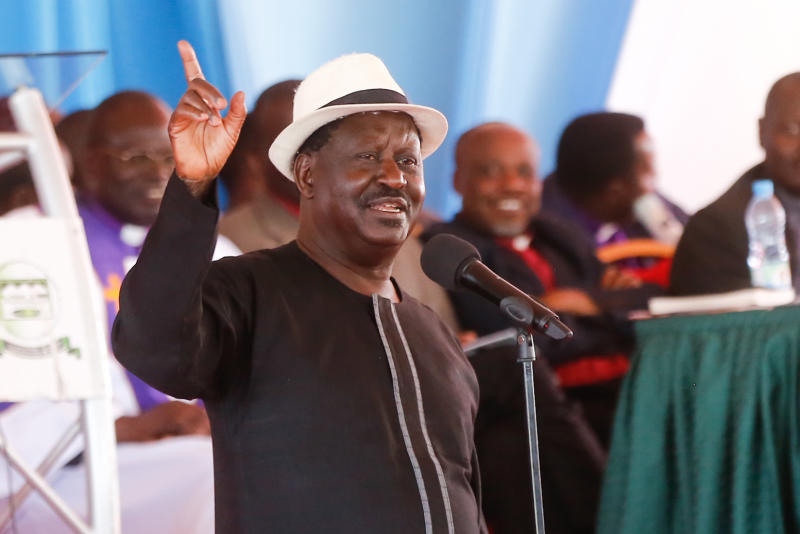×
The Standard e-Paper
Stay Informed, Even Offline

The Building Bridges Initiative (BBI) has now shifted its focus to the writing of the constitution amendment report which may have far-reaching implications on the structures of the Executive and the Legislature.
Former Prime Minister Raila Odinga is confident that the BBI report will be ready for publication in September, within the deadline set for October.